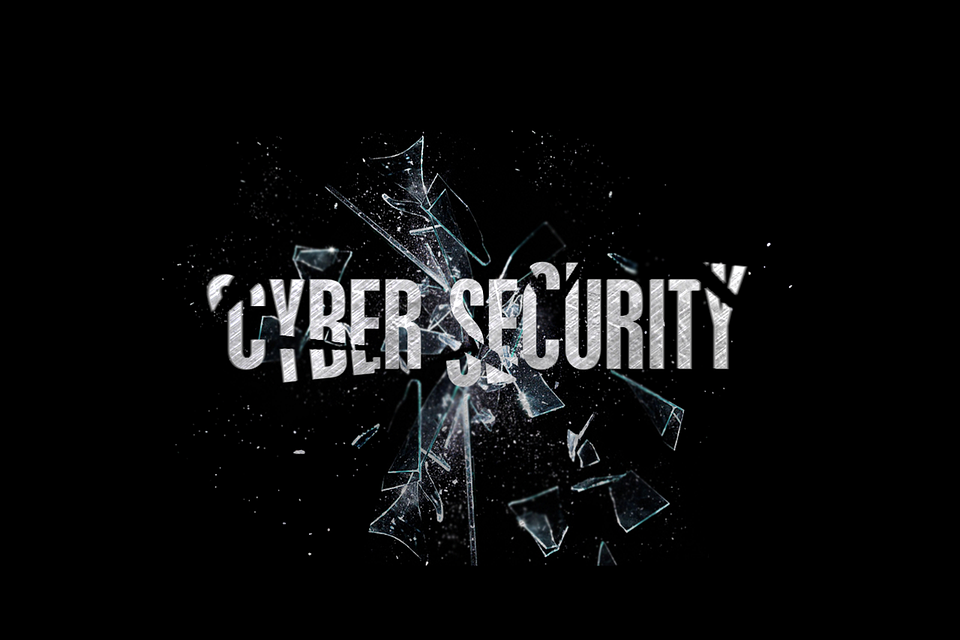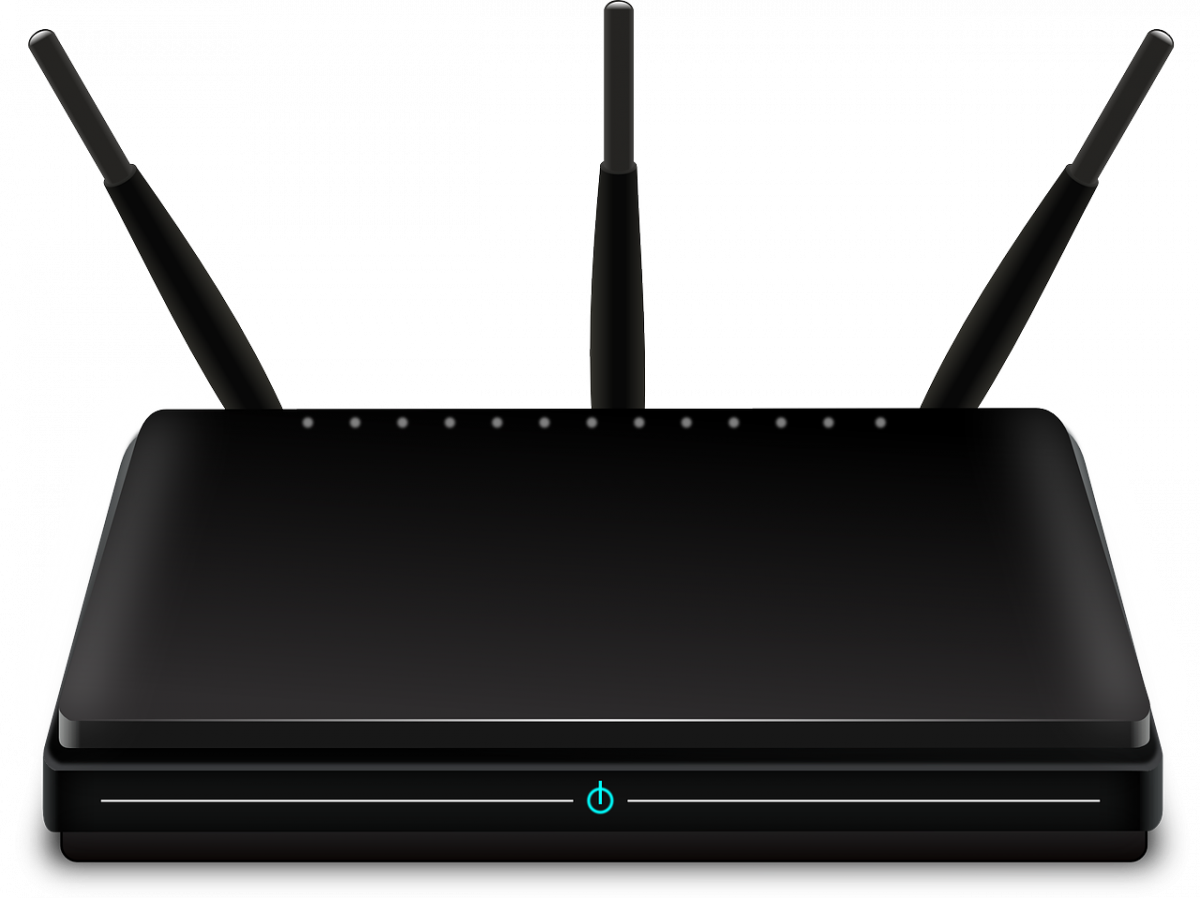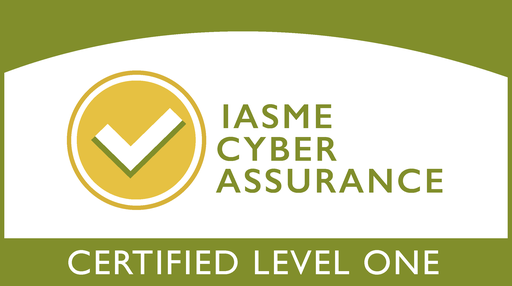Data breaches are very common. A data breach is an intentional or unintentional release of private or confidential information to the dark web. They do happen regularly, with emails and passwords being made available for hackers to access. Why is this a problem? Well, people often reuse their passwords for various online accounts. Reusing passwords makes your accounts vulnerable for hackers to access.

To prevent yourself from a data breach, it is best not to reuse passwords. This does sound easier said than done, but it is vital that you have a different password for all of your different accounts. You will be very thankful that you have done it. Here are all of the features that your password should contain:
- The minimum amount of characters use should use is 6, but to make sure your password is very strong, we recommend using 12 or more characters.
- Include a combination of uppercase and lowercase characters
- Use at least 1 number
- Use at least 1 special character
A tip that we have for creating a strong password is to think of a sentence that you will remember and use the first letter of each word for the password. For some of the letters, change them to a special character or number that looks like the letter itself. Also, change some of them to a number. Here is an example:
Humpty dumpty sat on the wall, humpty dumpty had a great fall
H4$OtWHDHaGf
This will help you remember the password, but also avoid having to write it down, which can also be dangerous to do.
What do I do if my online account has been released in a data breach?
The best question to ask yourself is: how did this happen? This will help you understand the purpose and ways to tackle it. Secondly, you should think why did the hacker launch the attack? Most breaches are a result of hackers trying to steal data, but it could have been caused by an employee, either by accident or maliciously.
Next, you should identify and interpret the clues by carrying out digital forensics, which means the collection and interpretation of electronic data in an attempt to preserve the evidence. Technical tools should be used and expert understanding of how to use them.
If all defences fail, every second counts. You must be quick and follow a structured approach for the recovery process. If you don’t have an IT team or Cyber Security expert on hand to do this, be sure to contact us immediately and our cyber security experts can help you save your data. You can visit our cyber security website to learn more about data breaches and other cyber security risks.
We hope this advice has helped!




